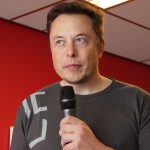TOP PIX: Handout.
THE long-awaited reveal of Elon Musk’s robot army comes to an end Friday when the Tesla mogul will uncloak the prototype at its annual AI Day on Friday.
Dubbed “The Tesla Bot”, or “Optimus”, the 5’8”, 125-pound robots are designed to complete “dangerous, menial or boring tasks,” starting on Tesla’s own assembly lines, according to Musk.
Musk first explained the idea for the “I, Robot”-like machines at last year’s AI Day, saying that they are designed to work closely with both humans and other machines to accomplish tasks.
Early diagrams revealed that Optimus will have a display screen on its “face” and five-fingered hands with dexterity akin to a real person’s.
The bots will be equipped with a version of Tesla’s autonomous navigation system found in its cars, where several camera systems work together to identify and clear obstacles. Optimus will also be able to respond to instructions like “please go to the store and get me the following groceries,” Musk said.
The Tesla chief executive even said that the robots would have a personality, which he described as “friendly.” He added that, despite concerns spurred by sci-fi films, the robots are harmless. They are designed with a top speed of 5 mph “so you can run away from it and most likely overpower it,” Musk said.
Tesla plans to deploy the worker-bee bots on its floors first as a proof of concept, before looking to sell the machines elsewhere.
While the idea may be futuristic, many AI experts have questioned the efficiency of Musk’s bipedal robots over existing factory machines, such as the robot arms used on automobile assembly lines.
“If he just gets the robot to walk around, or he gets the robots to dance, that’s already been done,” said Nancy Cooke, a professor in human systems engineering at Arizona State University, in an interview with Reuters. “That’s not that impressive.”
Shaun Azimi, head of NASA’s Dexterous Robotics Team, also expressed skepticism about the idea.
“Self-driving cars weren’t really proved to be as easy as anyone thought. And it’s the same way with humanoid robots to some extent,” he told Reuters.
“If something unexpected happens, being flexible and robust to those kinds of changes is very difficult.”
While Optimus is expected to headline Friday’s AI Day, Tesla is also slated to release updates to its self-driving technology, as well as teasers for the company’s in-house microchip design called “Dojo.”



